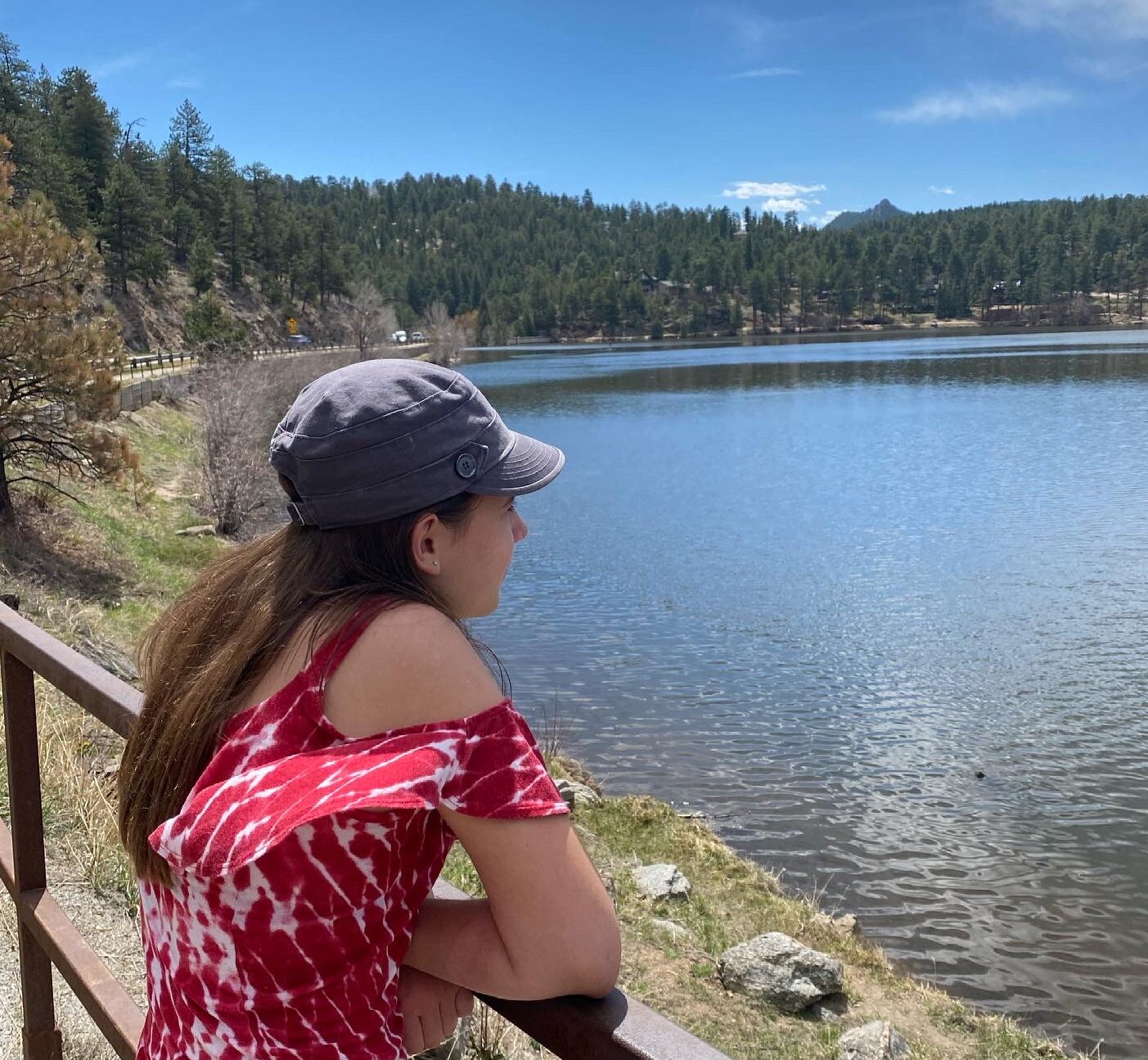A few nights ago, my husband and I watched the Frida Kahlo biopic. We both noted a commonality between her story of chronic pain and the lives of many other artists across disciplines: great work as a product of great suffering.
I’m not interested in perpetuating the stereotype of the tortured artist and the way it romanticizes self-harm. Rather, the idea of powerful art coming from painful experiences got me thinking about how I recently discovered the same to be true in my own work. As long as I was writing around my deepest truths, the things I was most scared of, or the ones that felt too risky, I wasn’t being honest. My writing felt stilted, full of self-doubt. I could learn all the rules and tricks of the trade, dress up my structure and language, but until I approached the themes I cared about with courage and authenticity, it didn’t feel like the work I was meant to do. The story I needed to tell, that no one else could.
But I quickly learned there is a wrong way to approach sensitive topics and memories. I once made the mistake of reading through old journals and yearbooks while my husband was out of town, leaving me to process all that yuck alone in my head. I could’ve called someone, should have reached out to a friend—writer or otherwise—but so much of what I was feeling about my excavation of the past was tied up in shame. I didn’t want to burden anyone.
Maybe you, too, have felt triggered by something you’ve read, or written, and dismissed the feeling as self-indulgent or weak. If so, I hope you’ll reconsider that assessment and prioritize self-care the next time you tackle potentially distressing material. Take a moment to check in with yourself during these times. My hope is that you’ll feel strong and supported enough to keep going, to get at the root of whatever you’re exploring, be it love, betrayal, grief, or despair. The most noble function of story-telling is to allow the listener (or reader) to experience big emotions along with the characters, to learn from them, empathize with them, without having to actually live through every trying situation. Providing readers with that depth of experience requires a lot from the writer, however. In honor of Mental Health Awareness month, I’d like to offer a few coping strategies I’ve gathered in recent workshops with She Writes Press, Brooke Warner and other memoir experts. Though these tips were directed toward writers of personal trauma, they can easily apply to fiction as well. After all, any time we write what we know, we’re most likely writing what we feel, too.
- Step away before you have to; go for a walk to process weighty bits, or do something completely different, in a new environment, to literally leave the material behind for a while.
- Pay attention to your body as you write. Are you tired, hungry, thirsty? Are your muscles tight, fingers numb or cold, is your heart rate accelerated? These can all be signs of distress, your body’s way of telling you it’s time for a break. They can also be good indicators that you are onto something potent, and that when you feel ready, the writing is worth returning to.
- In her workshop with She Writes, Wendy C. Ortiz taught that writing personal experience requires “emotional bandwidth” and recommended checking in with your own periodically. Build a baseline of emotional well-being through whatever methods work for you (yoga, meditation, therapy, rest, supportive conversation with friends or family) before tackling the tough stuff. Like athletes need rest and recovery time to perform at their peak, so too do writers.
- This one is no fun, but I’ve found it can make a big impact: pay attention to what you’re consuming. Not just junk food, alcohol or caffeine (though those can all be factors) but the media you take in as well. Are you bombarding yourself with negativity all day long? I love dark fiction, moody music and evocative art, but when I’m writing dark material myself, I have to be more intentional about what and how much I consume, allowing myself ample time to process.
Last month, I took another workshop on personal writing through Lighthouse Writers Workshop, with Melissa Febos leading. She spoke about writing as a means to heal from trauma, by putting analytical distance between a story and its creator. And in a Dark Fiction class with Alchemy Author Services, instructor Brenda Tolian taught me that horror can be therapeutic if we’re willing to explore what really scares us and why. Their encouragement gave me the courage to explore some themes I’d been side-stepping for years. When we as writers transmute our own fears and grief in our work, we are building a public monument, a commentary on society that others can recognize, relate to, and from its foundation, draw strength and hope. That, my writer friends, is worth the risk.


Important topic. Great advice.
Thanks for reading and engaging, Karen.